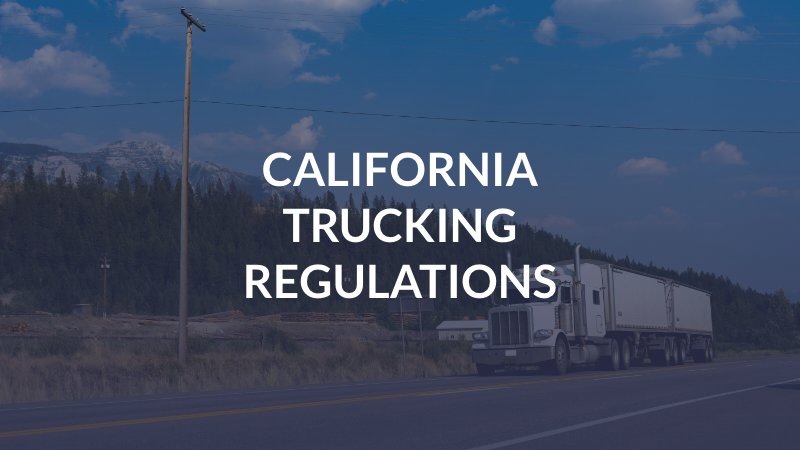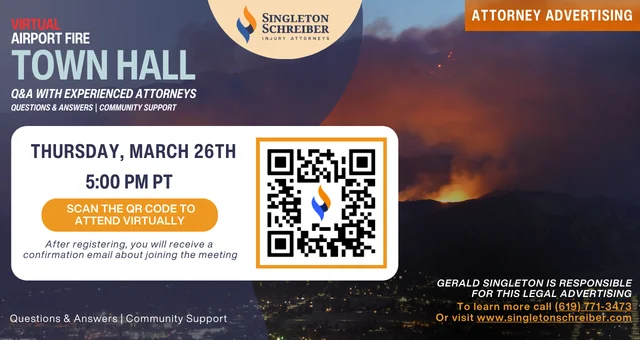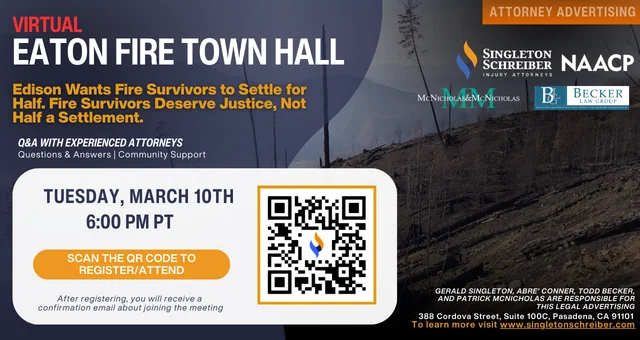While commercial trucking operations are largely regulated by the federal government, individual states, including California, have laws and regulations of their own to encourage safe trucking practices.

California’s trucking regulations are designed to supplement and build upon those enforced by the Federal Motor Carrier Safety Administration (FMCSA). Caltrans and the California Air Resources Board (CARB) are largely responsible for issuing regulations and overseeing compliance.
Here’s an overview of some of California’s most noteworthy trucking regulations, and make sure to contact an experienced truck accident lawyer in San Diego if you've been injured in a collision.
Commercial Driver’s Licensing Requirements
The FMCSA requires drivers to obtain a Commercial Driver’s License (CDL) before they can operate a commercial vehicle involved in interstate commerce. However, the FMCSA doesn’t issue CDLs – that’s left to the states.
California has several requirements for motorists seeking a commercial license:
- Minimum age: applicants must be at least 18 to drive in the state of California and at least 21 to operate a truck across state lines
- California residency: the state will only issue a CDL to a California resident who already has a Class C driver’s license
- Driving record: CDL applicants must have a good driving record
- Background check: applicants must pass a criminal background check with a 10-year look-back period
- Knowledge tests: drivers must demonstrate a thorough knowledge of traffic safety laws and applicable state and federal regulations applicable to the vehicle class for which the license is sought
- Basic Control Skills Test: drivers must demonstrate proficiency in controlling a commercial vehicle, particularly in relation to other vehicles - skills including straight line backing, offsetting, parallel parking, and alley docking will be tested
- Driving Performance Evaluation (DPE): drivers must complete a road test in a commercial vehicle, making no more than 30 mistakes or any critical driving errors, showing the ability to make safe turns, navigate intersections, change lanes safely, take curves, steer, use a clutch, and navigate railroad crossings
Drivers must also pass health screenings and drug and alcohol testing before they can receive a CDL and be cleared to operate a commercial truck.
Vehicle Weight Limits
In California, commercial trucks cannot exceed 80,000 pounds. Weight must be distributed safely.
Pursuant to state law, no one axle should bear more than 20,000 pounds, while no more than 10,500 pounds should be placed over any one wheel.
Axle weight limits and distribution do not apply to vehicles transporting livestock.
Hours of Service Limitations
California law requires commercial truck drivers to operate within a 14-hour window. During that 14-hour shift, no more than 11 hours can be spent behind the wheel, 8 of which can be consecutive.
These hours of service limitations mirror those issued by the FMCSA. However, California did have stricter break requirements in place. Drivers in the state were required to take a 30-minute meal break once every five hours and a 10-minute break once every four hours. However, courts have held that federal trucking regulations preempt these stricter requirements.
While litigation is ongoing, interstate truck drivers are currently only required to take a 30-minute break every 8 hours of consecutive driving.
Vehicle Inspections and Emissions
California trucking regulations include strict inspection and emissions requirements.
This includes:
- Periodic Vehicle Inspections: Commercial trucks - including brake systems, steering and suspension systems, tires and wheels, and vehicle connecting devices - must be inspected at least once every 90 days, and inspection reports must be maintained for at least two years. Complete vehicle inspections are to be conducted at least once every 12 months.
- Biennial Inspection of Terminals (BIT): Terminals - defined as a place where a commercial truck “is regularly garaged and maintained, or from where it is operated or dispatched” - are subject to inspection by the California Highway Patrol every other year to ensure that the trucking company is making a good-faith effort to keep its fleet of commercial vehicles in safe working order.
- CARB Regulations: Diesel-operated commercial trucks must be powered by a 2010 or newer model engine to mitigate the potential risks of diesel exhaust
Zero Tolerance Policies For Drunk and Drugged Driving
It’s unlawful for a CDL driver to operate a motor vehicle with a blood alcohol concentration of .04 percent or greater, or while under the influence of drugs.
Further, state trucking regulations prohibit truck drivers from operating a commercial vehicle or performing safety-sensitive functions within four hours of consuming alcohol. Safety-sensitive functions can include, but aren’t limited to, vehicle inspections, vehicle repairs, and loading/unloading a vehicle.
California trucking regulations require CDL drivers to undergo pre-employment drug screening, submit to random drug and alcohol testing, and comply with requests for drug and alcohol tests after a traffic accident.
Commercial vehicle operators who violate state law and regulations may be required to forfeit their CDLs (temporarily and/or permanently) and seek counseling from a Substance Abuse Professional.
Singleton Schreiber Can Help You After a Truck Accident in California
Even though the state of California has taken considerable steps to ensure safe trucking operations within its borders, truck accidents are still an everyday occurrence. In fact, there were an average of 31.6 commercial truck accidents across the state every day in 2024.
Many of these California truck accidents happen because truck drivers and/or trucking companies violate these critical safety guidelines. Whether these violations are mere negligence or the result of prioritizing profits over road safety, they can’t be allowed to stand without consequence. As a victim, you deserve justice. Singleton Schreiber can help.
Our California truck accident lawyers offer the powerhouse legal representation you’ll need to take on a trucking company and make it take responsibility for your devastating injuries and suffering. Backed by decades of experience, our award-winning litigators have helped clients win over $3 billion in damages from formidable trucking services, government agencies, vehicle manufacturers, and other tough opponents.. Now, we can be in your corner and fight for maximum compensation in your truck accident case, too.
We offer a free consultation. Call one of our California law offices - conveniently located in Pasadena, Los Angeles, Sacramento, or San Diego - to discuss your truck accident case today.




